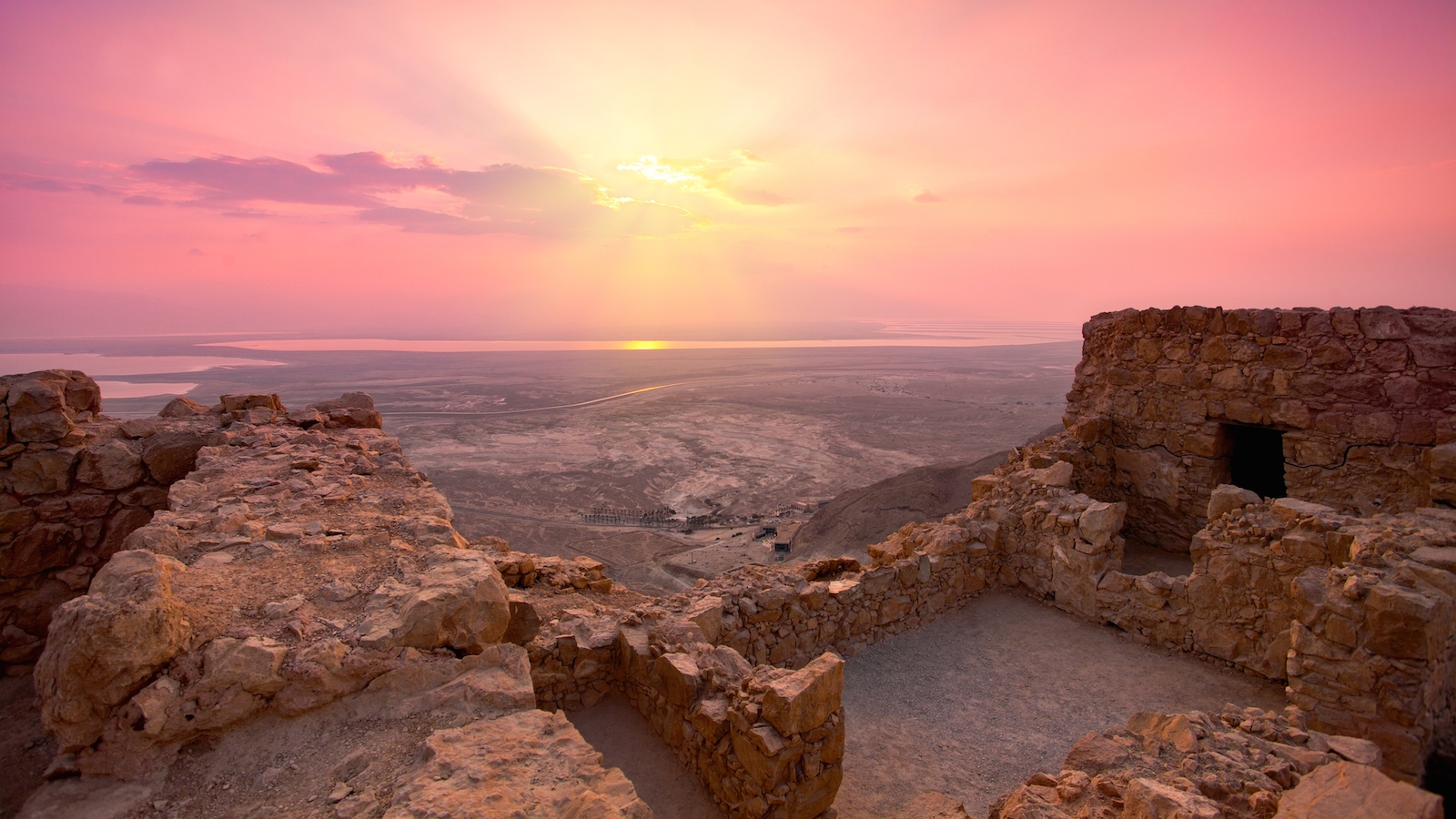Commentary on Parashat Bamidbar, Numbers 1:1-4:20
The haftarah selection is from Hosea 2:1-22.
The haftarah for Parashat Bamidbar, from the Book of Hosea, is a prophecy of redemption. In the opening verses, God promises that the people of Israel will one day be as multitudinous as the sands of the sea. They will be recognized as being children of the living God, and Judah and Israel will assemble together, unified under one leader.
A Wayward Wife
Hosea explains why Israel is in need of redemption by telling the story of Israel’s sin and punishment. He does this using a parable of a husband, a wife, and the wife’s lovers–representing God, the people of Israel, and idols, respectively.
In Hosea’s story, the husband is faithful, but his wife constantly plays the harlot. Believing that her lovers are responsible for her rich, comfortable life, she says: “I will go after my lovers, who supply my bread and my water, my wool and my linen, my oil and my drink” (2:7).
With your help, My Jewish Learning can provide endless opportunities for learning, connection and discovery.
The abandoned husband is devastated and angered. Does his wife not realize that he is the one who provides her with grain, wine, oil, silver, and gold? He promises to block her path so that she will not be able to find her lovers. When she finally decides to return to her first husband, he will punish her: “Now will I uncover her shame in the very sight of her lovers…I will lay waste her vines and her fig trees, which she thinks are a fee she received from her lovers…Thus will I punish her” (2:12-15).
Though betrayed, the husband will be unable to remain angry forever. After punishing his wife, he will again turn to her in love: “I will speak coaxingly to her and lead her to the wilderness and speak to her tenderly” (2:16).
At the end of the haftarah, Hosea speaks more explicitly about how this story represents God and Israel. He explains that God will make a covenant with the people, banishing violence and war from the land to allow the people to live in safety. Hosea returns to the vocabulary of marriage in the haftarah’s closing lines: “I will betroth you forever. I will betroth you with righteousness and justice and with goodness and mercy. I will betroth you with faithfulness. Then shall you be devoted to the Lord” (2: 21-22).
The Wilderness
The Hebrew name for the Book of Numbers is Bamidbar, which means “in the wilderness.” This is an apt title for the book that chronicles the Israelites’ time in the wilderness: the episode with the quail after the Israelites complain about manna, the story of the spies who scouted out the land of Israel, Korah’s rebellion. These stories, and others in the book, repeatedly describe a cycle of disbelief in God, sin, and punishment, that characterized the 40 years the Israelites spent in the wilderness.
But, in the Book of Hosea, it seems that God’s memory of the wilderness is not so negative. Indeed, God is hopeful that this location will be conducive to his reconciliation with his unfaithful wife, the people of Israel: “There (in the wilderness) shall she respond in the days of her youth, when she came out of the land of Egypt” (2:17). God thinks of the period the Israelites spent in the wilderness, after leaving Egypt, as one of the highlights of His relationship with Israel, so much so that he considers the wilderness a good destination for a “second honeymoon.”
Yet earlier in the very same haftarah, wilderness imagery appears in a not-so-positive context. In describing how the betrayed husband will punish his wife, Hosea promises: “I will strip her naked and leave her as on the day she was born. I will make her like a wilderness, render her like desert land, and let her die of thirst” (2:5).
So, which is a better portrayal of the Israelites’ experience in the wilderness? Desolate, barren, frightening–as suggested in the first part of the haftarah? Or romantic, loving closeness with God–as suggested in the second part of the haftarah? As we begin to read the fourth book of the Torah, diving into the stories of the Israelites in the wilderness, the haftarah encourages us to ask these questions.



